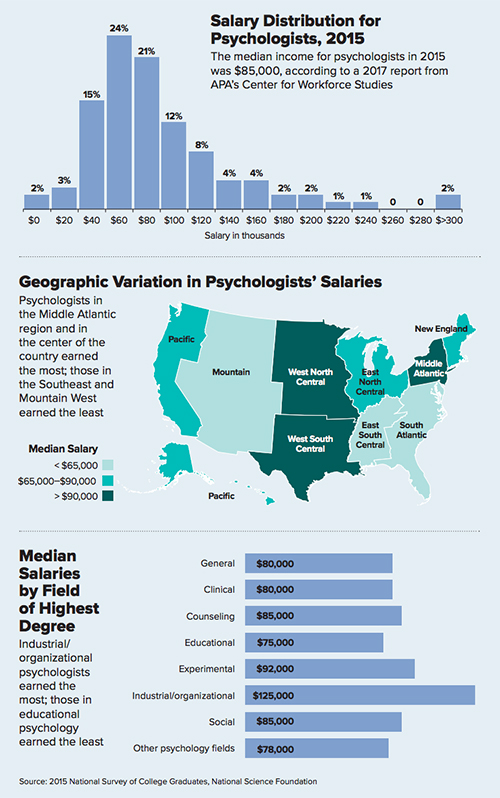- Joined
- Dec 4, 2014
- Messages
- 1,064
- Reaction score
- 931
adolescents and adults with ASD is a good niche to be in- more folks getting interested, but still far fewer. The further you work your way up the lifespan the fewer folks you meet who focus on that, but a lot of our adults iwth ASD are approaching or have surpassed retirement age and tend to have aging related health concerns a bit earlier than the TD population. Just throwing that out there. Also CBT, DBT, etc adapted for folks on the spectrum is sought after in my area. As ABA noted, therapy isn't the most lucrative- one reason I do primarily evals (related to productivity/revenue targets, etc- get a chunk of hours at once in a day)Would you say some specialties are more lucrative than others? I'm assuming neuro would be at the top of the list if so. I am particularly interested in specializing (or "niche-ing") in children/adolescents with ASD.
Last edited:


